All our fears and hopes to do with AI have to do with speed in some form or the other. It can create a polished presentation with a click of a button. It can write the report you have been struggling with for six months in ten minutes. Speed plays a crucial role in our perceptions of AI, both positively and negatively. On one hand, the rapid processing and decision-making capabilities of AI can lead to significant advancements and efficiencies. On the other hand, the fear often stems from the possibility of AI making decisions too quickly for humans to control or understand, potentially leading to unintended consequences.
That concern with speed spills over into the hype about AI, like when people talk about how rapidly the technology is advancing and how it will soon replace humans in "insert your biggest anxiety here." The marketing of AI often emphasizes its rapid advancement, which can amplify both excitement and anxiety. Worries about AI quickly outpacing human capabilities feed into fears about job displacement, loss of control, and the unknown future. Conversely, it also fuels hopes for groundbreaking innovations and solutions to complex problems. The speed at which AI is perceived to evolve becomes a focal point, magnifying both the utopian and dystopian visions associated with it.
It's important to take a step back and assess the technology with a longer term lens. AI is but the most recent technology that's going through an inevitable hype cycle, with the boom is often followed by a bust. Way back in the late 1990s the dotcom boom birthed Amazon (yay!) and Google (yay!yay!) but it also gave rise to pets.com and many other companies that vanished without a trace. Like AI, the internet had its share of critics who were waiting for the bubble to burst. The Economics Nobel laureate, Paul Krugman, wrote in 1998,
The growth of the Internet will slow drastically, as the flaw in 'Metcalfe's law'--which states that the number of potential connections in a network is proportional to the square of the number of participants--becomes apparent: most people have nothing to say to each other! By 2005 or so, it will become clear that the Internet's impact on the economy has been no greater than the fax machine's.
Was he wrong or was he wrong? Not only did the internet impact the economy more than the fax machine, it has transformed every aspect of our lives. Just not the way pets.com thought it would. It's very hard to predict, especially the future, as a great man once said. Slow AI - as opposed to the hyped-up fast AI - is the AI that sticks, the technology that transforms our lives over the years. Slow, of course, is relative. If fast is weeks and months, then slow is years; a good marker of slow is 5 years.
Can we peer into our high-quality crystal ball and predict what slow AI transformation looks like?
Prediction is a fool's game, but it's useful to think of AI as a fourth major function performed on the internet, with the first three being:
Search
Social
Streaming
Every single one of us uses the internet backbone for these three purposes, and sometimes they are combined, like when you watch an Instagram reel and share it with your friends. Keeping the 'S' theme in mind, we can add one more function to the above list:
Search
Social
Streaming
Smarts
The FAANG1 companies are worried that smarts are going to take over the other three, that instead of searching for X or Y, they will be surfaced automatically just as you need X or Y, just as a good waiter at a restaurant knows when to leave you alone with the appetizer and when to ask if you're ready for the main course. Or after you’re home after that satisfying meal, it will automatically suggest a movie that reflects your mood - remember it knows you went to a restaurant, whom you were with and even what you ordered.
AI, as a service agent that acts as an intermediary for your Search/Social/Streaming needs, is a likely slow AI function. Of course, every FAANG company will do what it takes to become that intermediary and stop upstarts (read: OpenAI, Anthropic etc) from taking their place, but what does it mean for civil society organizations? Why should they care?
We don't have a general answer to that question, but many CSOs are 'service agents.' Whether it is legal advice, medical diagnoses, or educational support, CSOs often act as the provider of services. They might help diagnose a disease, or they might help your child with mathematics. What if AI does that much more quickly and much more accurately?
Not too fast: these claims have been made for a long time! Over ten years ago, when MOOCs came on the scene (and so did Khan Academy), education was going to be disrupted by online education. Looking at the dismal state of teacher quality across India, it was reasonable to project that online educational services would replace the physical classroom.
Didn't happen. Online education met with many, many obstacles, including the fact that parents want their children out of the house, that students want instruction in their local language, in Telugu or in Hindi, and they want personalized attention, and not least, students want to spend time with one another on the school premises.
AI is not going to solve the problem of being in the same room as other human beings, but voice synthesis combined with real-time translation might go a long way in personalizing education at scale. The most recent GPT release 4o, promises real time conversation, and it's no surprise that Khan Academy released its latest AI assistant alongside ChatGPT. GPT 4o and its successors might perform the functions that were promised a decade ago, but not made available until now.
We don't think schools or teachers will go away (or should go away), but COVID demonstrated that we are willing to move to online services wholesale if pushed by circumstances. Imagine if the pandemic had struck the world in 2024: don't you think GPT will be integrated into legal, medical and educational services?
'Slow AI thinking' demands that we experiment methodically, discover genuine needs that can be addressed by AI, and last but not the least, build technology that doesn't depend on large tech monopolies or their emerging competitors. We need an AI for the people. What might that look like?
You'll find out next week.

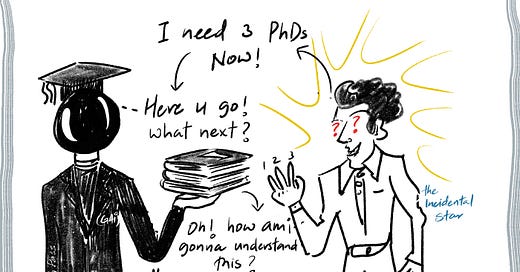



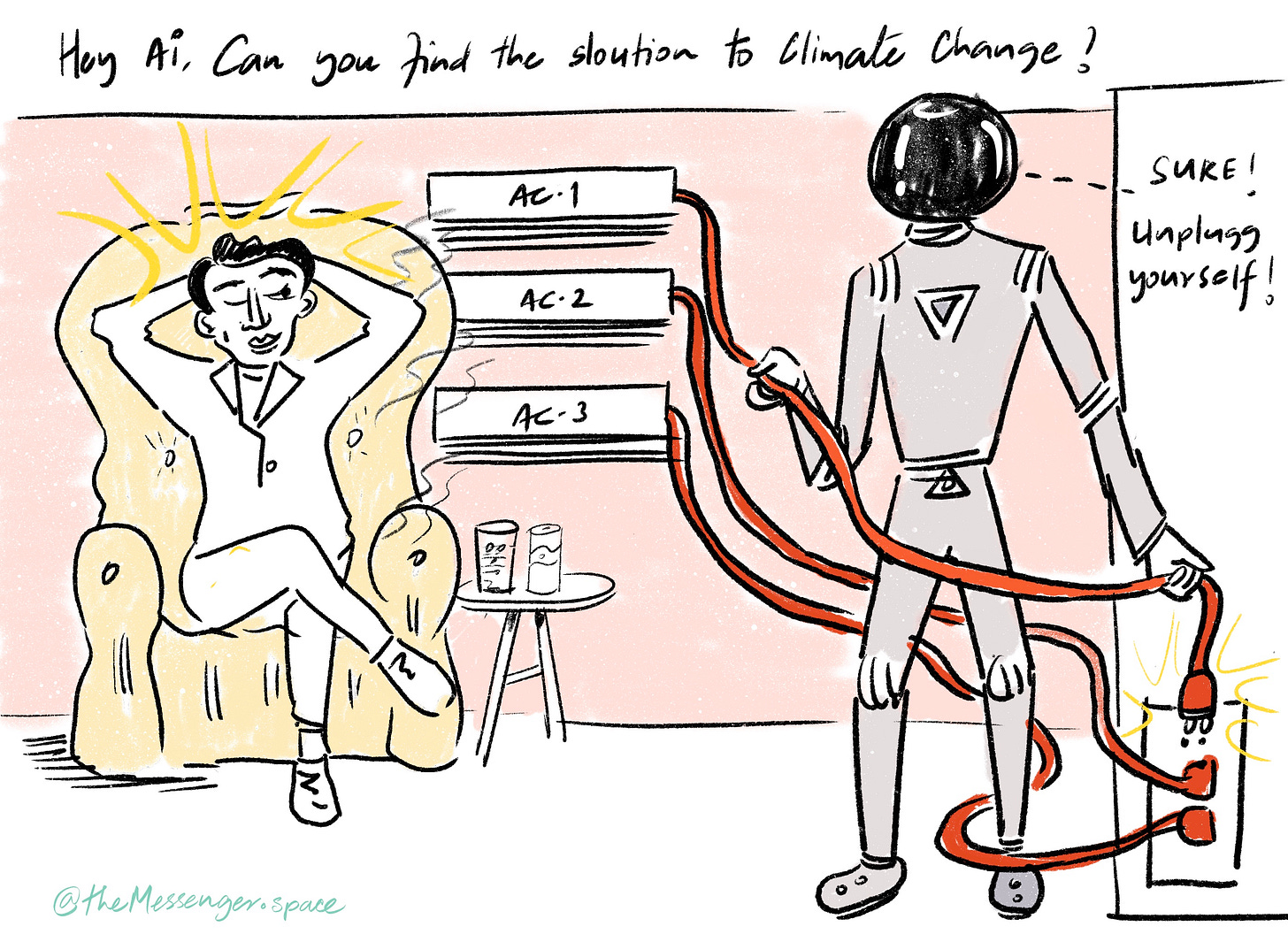
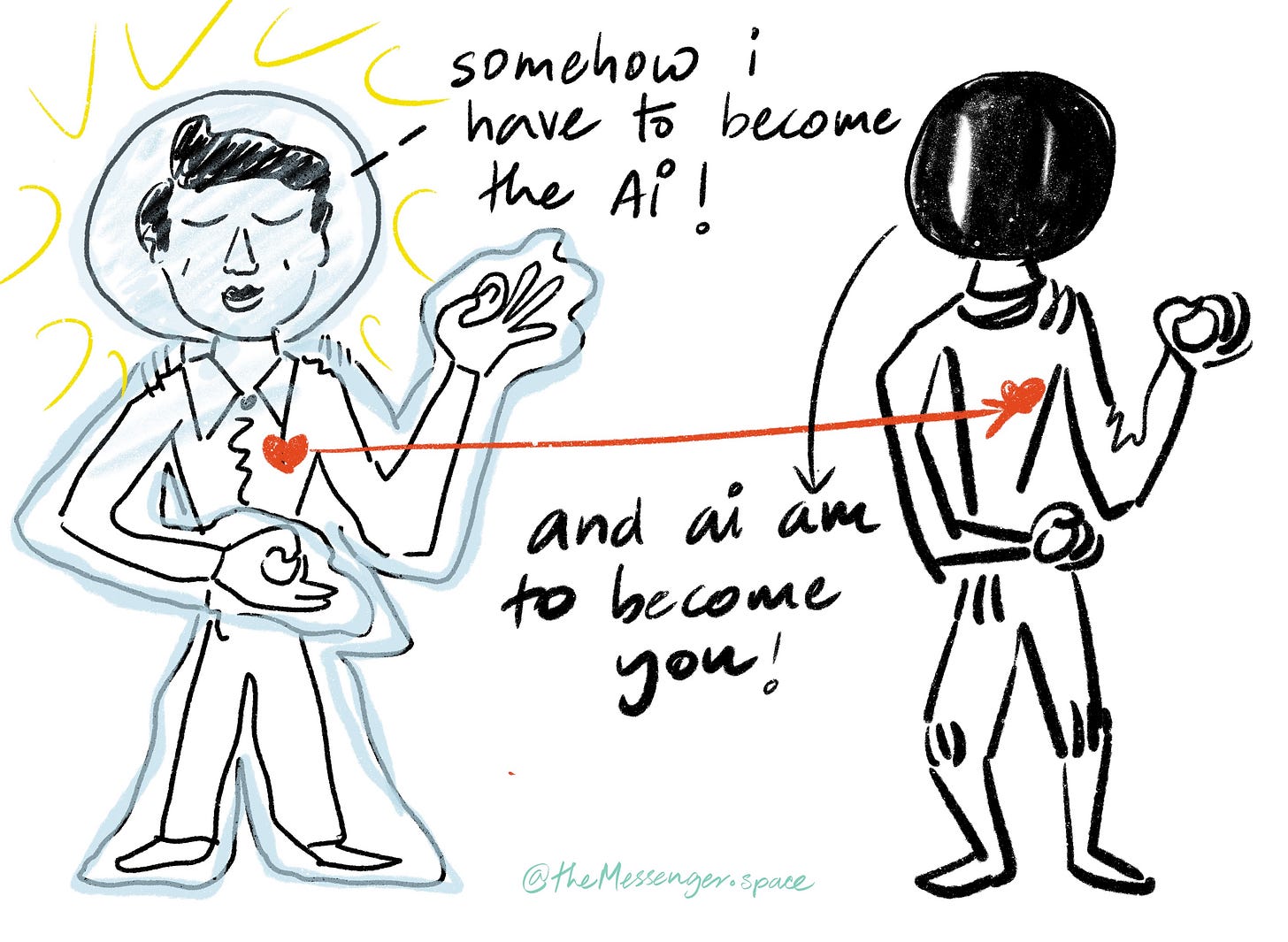

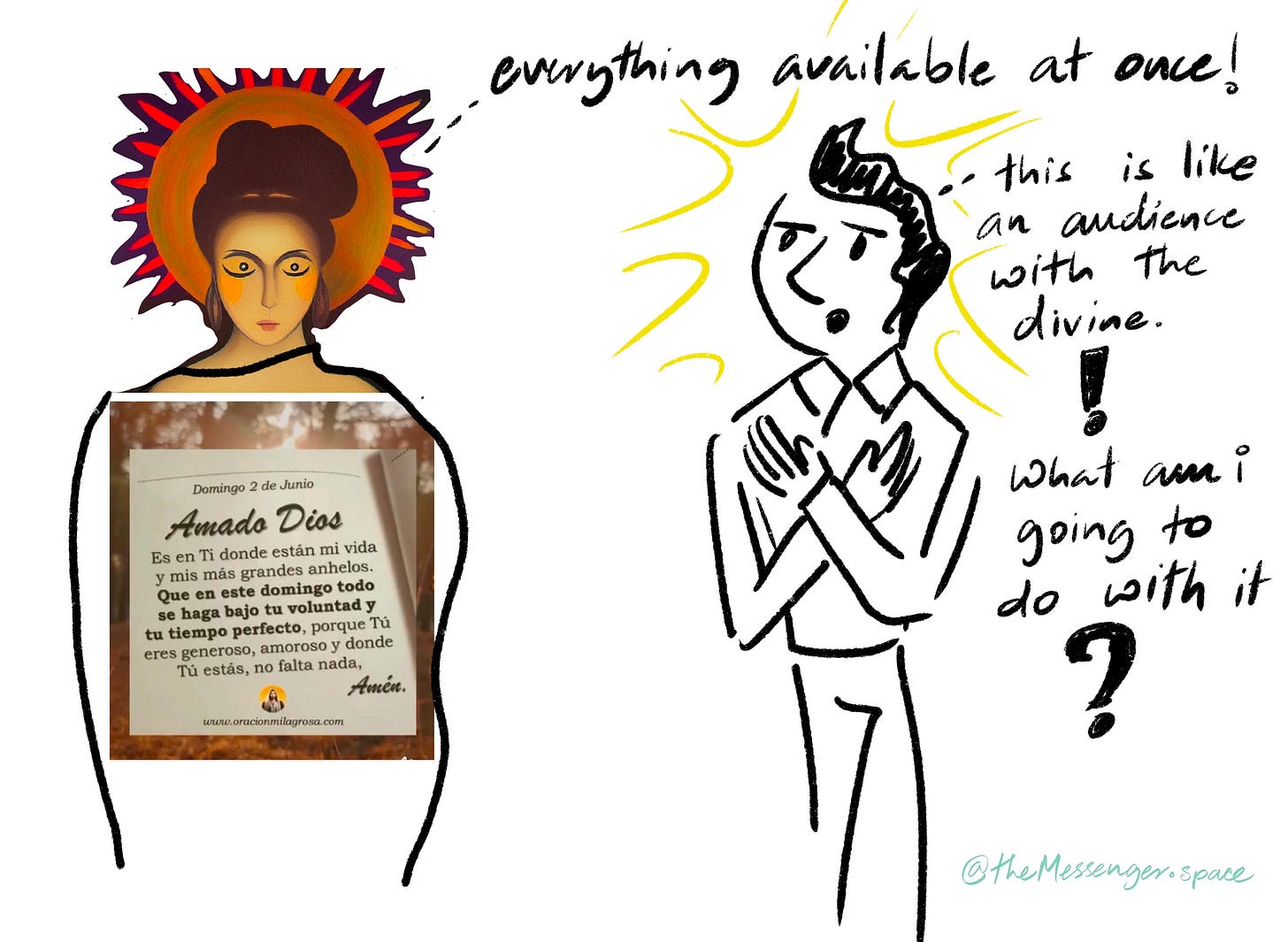
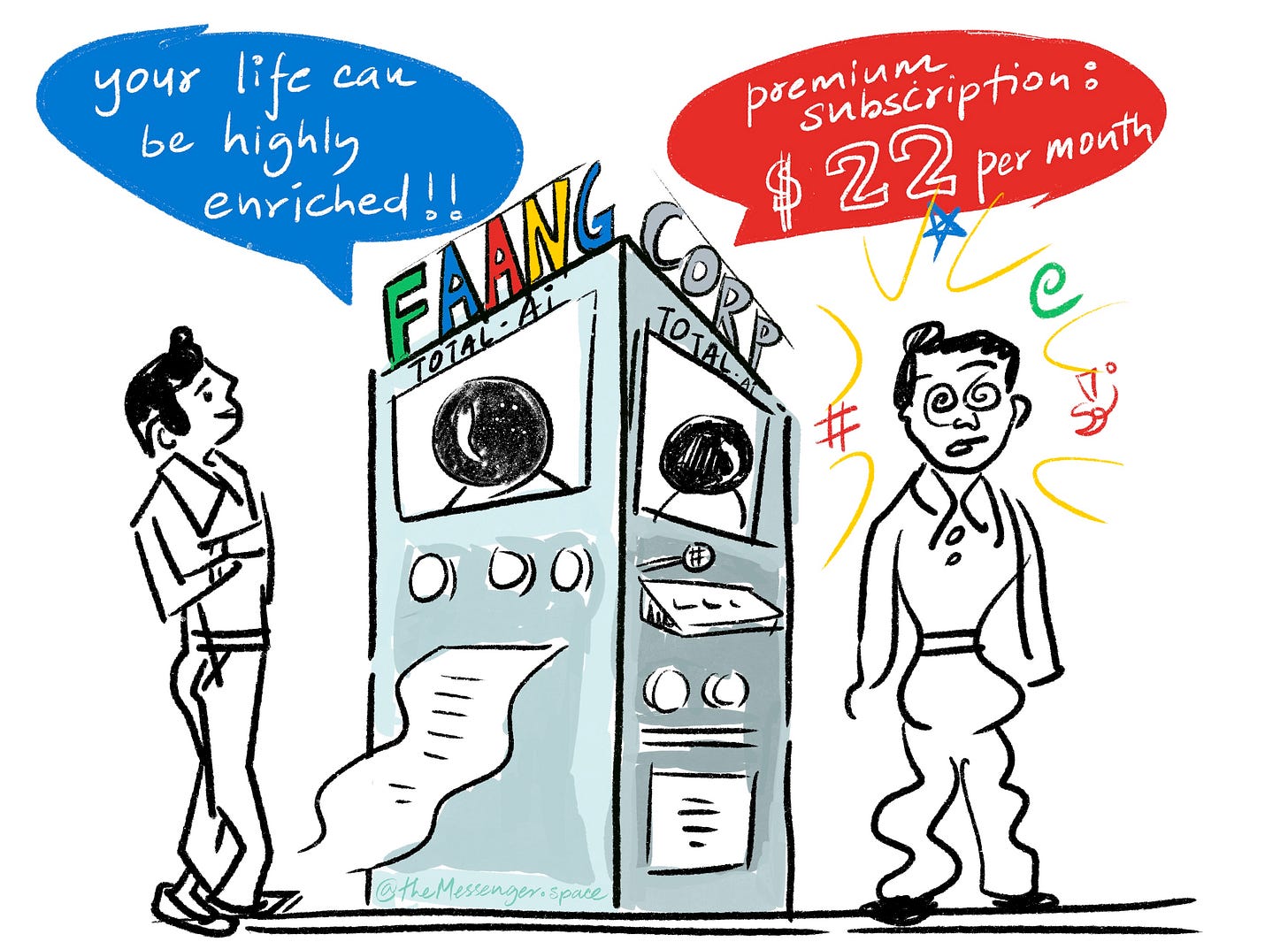
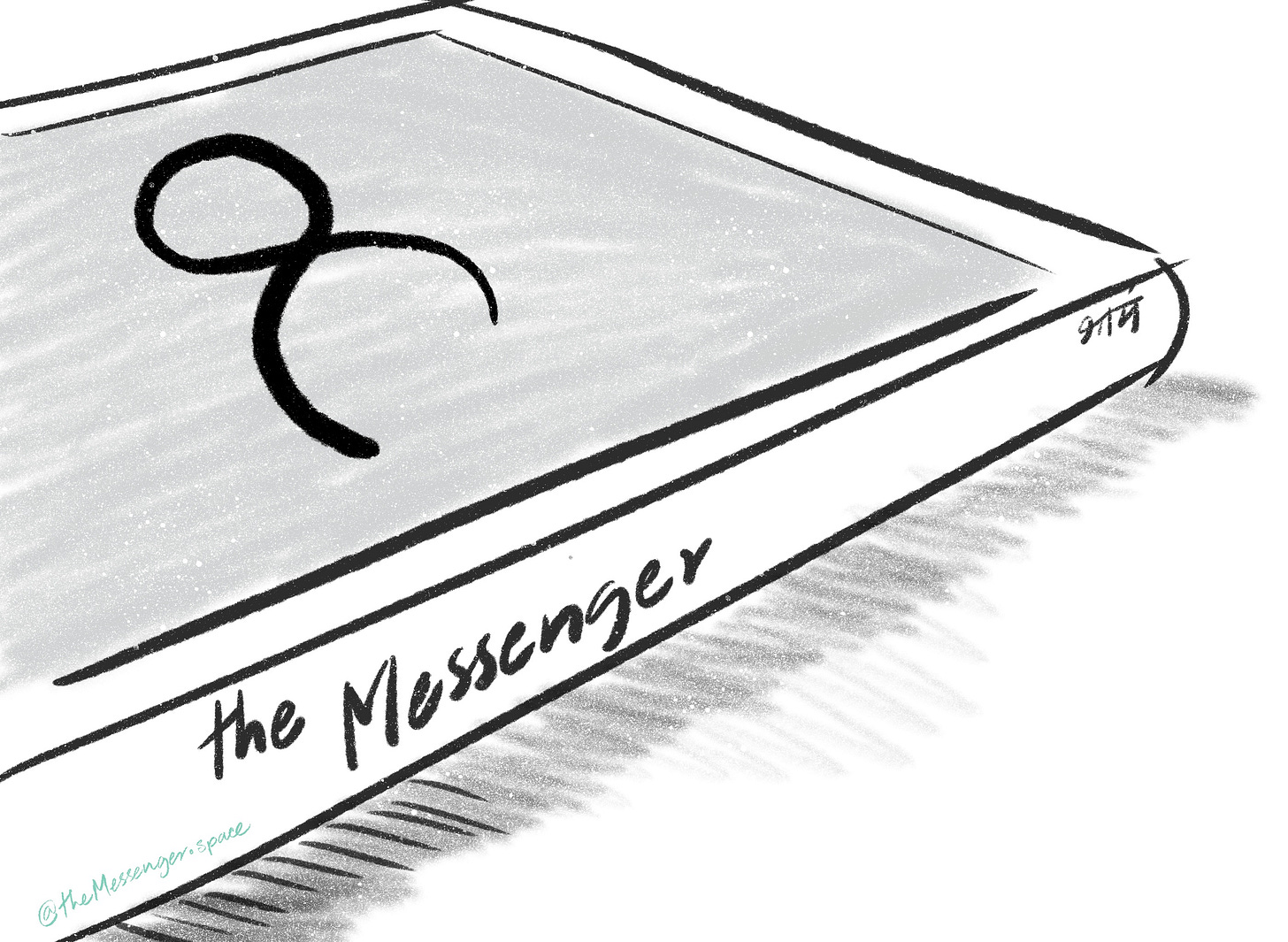
We can do better I guess when we combine the education sector with tech and people. There is danger that, it can make smarts super smart and dummy super dummy.